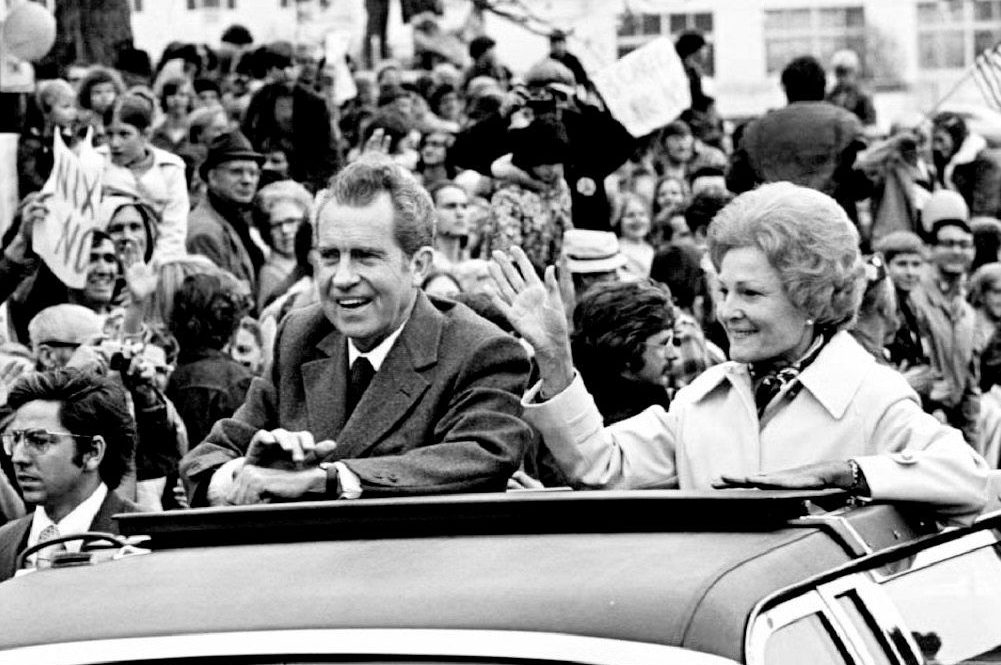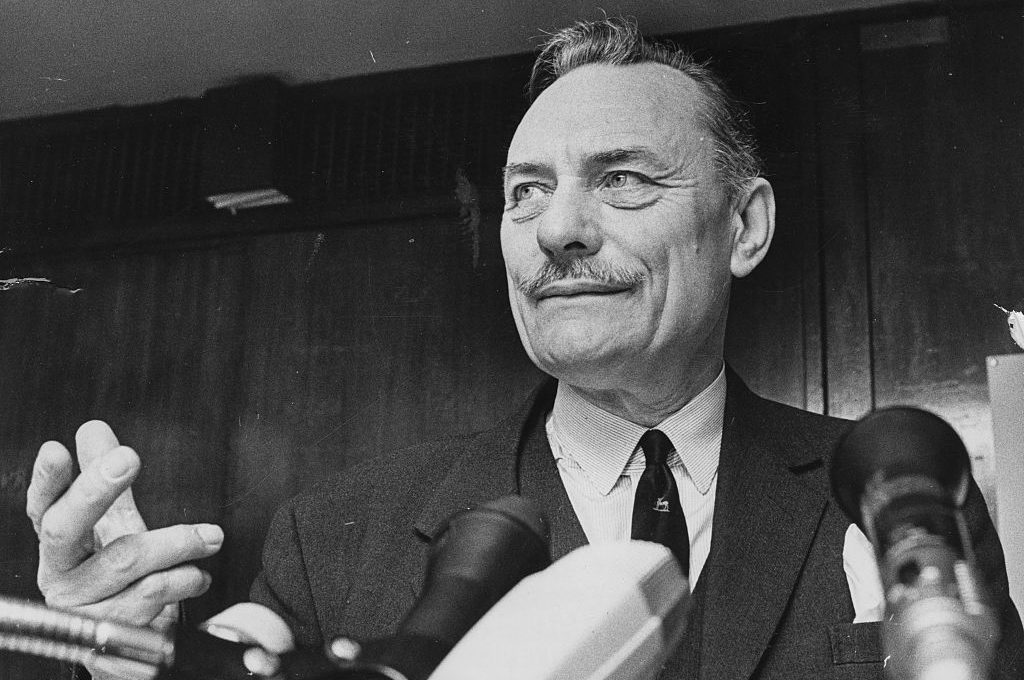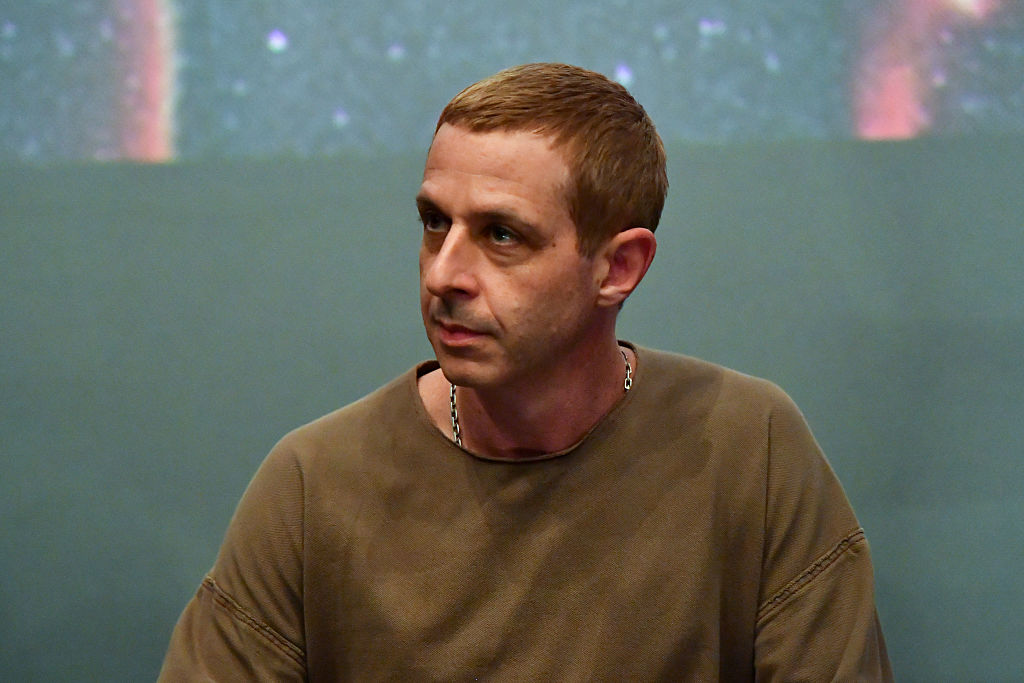Lessons from Watergate
Today marks fifty years since the Watergate break-in. Given that the scandal is something of a founding myth for modern Washington journalism, there is no shortage of reflections on the meaning of the story half a century later — and what has changed between 1972 and 2022.
One popular parallel is between Nixon and Trump, with contemporary commentators claiming that the big change between then and now is a level of partisanship that makes the successful ousting of a sitting president practically impossible. Witness, for instance, the one-sided proceedings of the House’s January 6 Committee.
Away from this rather tired and often overstated analogy, more mischievous comparisons are possible. Take, for example, the Washington Post newsroom of 1973 and contrast it with the crybabies of 2022 who recently managed to turn the lamest of HR controversies into a battle for the credibility of the newspaper. As one recent New York Post story had it: From Watergate to whinegate.
For Politico’s John Harris, to take stock of the changes from the Watergate era to today is to acknowledge “the defining fact of American public life over the past generation,” namely the “erosion of power and self-confidence within most traditional institutions.” Watergate, he argues, saw institutions like the Post, Congress and the courts at the peak of their powers. Today, those institutions do seem shockingly weak in the face of, say, a dissatisfied reporter. Or a Supreme Court clerk intent on leaking a decision.
But was Watergate really the watershed it is now remembered as? Writing for The Spectator’s June issue, Jacob Heilbrunn not only cuts one of the heroes of the story down to size, but wonders if the legacy of the scandal isn’t quite what it seems. The real impact, he thinks, has been on the press:
Watergate ushered in a new era. The press corps now preened itself on its superiority to government officials. This take-no-prisoners style has only ramped up over the decades. Iran-Contra was supposed to take down Ronald Reagan. He would be the new Nixon. Except he wasn’t. The same held for Bill Clinton. First Lady Hillary Clinton had worked on the Watergate hearings herself. Now she was flayed for a White House travel office scandal that was supposed to be of titanic importance. Then came Monica Lewinsky. Clinton’s sexual peccadilloes were elevated into grave matters of state. Republican waxed wroth. The country yawned.
I wonder if this negative effect of Watergate is limited to the press. Watergate as the platonic ideal of a Washington scandal has helped fuel the rise of politics by investigation. Impeachment is, increasingly, becoming the norm. The other side mustn’t just be wrong, but criminally so. And that legacy is what gives the Watergate remembrances such a bitter taste.
*** Sign up to receive the DC Diary in your inbox on weekdays ***
Sad recession summer
Step aside, Hot Vax Summer. 2022 is all about the Sad Recession Summer. Joe Biden sat down for his first non-broadcast interview on Thursday, telling the Associated Press’s Josh Boak that Americans are “really, really down,” citing economic volatility, a post-pandemic malaise and rising prices, as the cause of the national malaise. While the president insisted that it was not “inevitable” that the US economy would slip into recession on his watch (reassuring!), his focus was, oddly, on the mental health ramifications.
“Their need for mental health in America has skyrocketed because people have seen everything upset,” Biden said. “Everything they’ve counted on upset. But most of it’s the consequence of what happened, what happened as a consequence of the Covid crisis.”
This cri de coeur about mental health comes from the president who was in no rush to get kids back to school and has spent the bulk of his time in office dismissing warnings about coming economic trouble as nothing to worry about.
Mike Pence, American hero
Where does Mike Pence go to get his thank-you? The actions of the former vice-president featured heavily in yesterday’s House January 6 Committee hearings. Testimony revealed that protesters chanting “hang Mike Pence” came within forty feet of the subject of their shouts. We learnt that earlier that day, Trump had unloaded on his VP in an abusive phone call, applying maximum pressure on him to block the certification of the election results. He refused to do so, a responsible and brave decision that others in his position might not have taken.
The obvious conclusion from the testimony is that Pence is something of a hero: someone who has done more than anyone on the Jan. 6 Committee to safeguard American democracy. And yet he doesn’t get the credit he deserves. Democrats are hardly in a rush to praise a Republican and 2024 contender. Republican politicians know that acknowledging one big beast’s pivotal role is to risk provoking a bigger one.
What you should be reading today
Freddy Gray: The death of political authority
Peter Van Buren: Oberlin College pays the price for wokeness
Ben Domenech: The Cato Institute fails to stand up to cancel culture
Patrick Hauf, Washington Free Beacon: Quarter of federal health employees failed to check email during the pandemic
Katherine Boyle, Common Sense: The case for American seriousness
Reihan Salam, the Atlantic: Conservatives can win by embracing ‘selectionism’
Poll watch
President Biden job approval
Approve: 39.9 percent
Disapprove: 54.4 percent
Net approval: -14.5 (RCP Average)
Is it appropriate to protest outside Supreme Court Justices’ homes?
Appropriate: 40 percent
Inappropriate: 43 percent (Fox News)

























